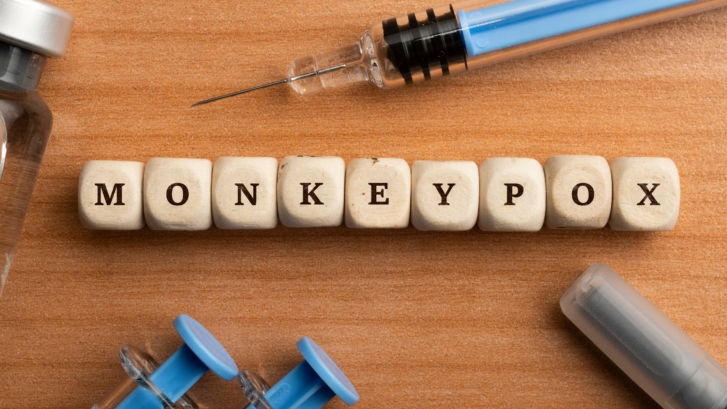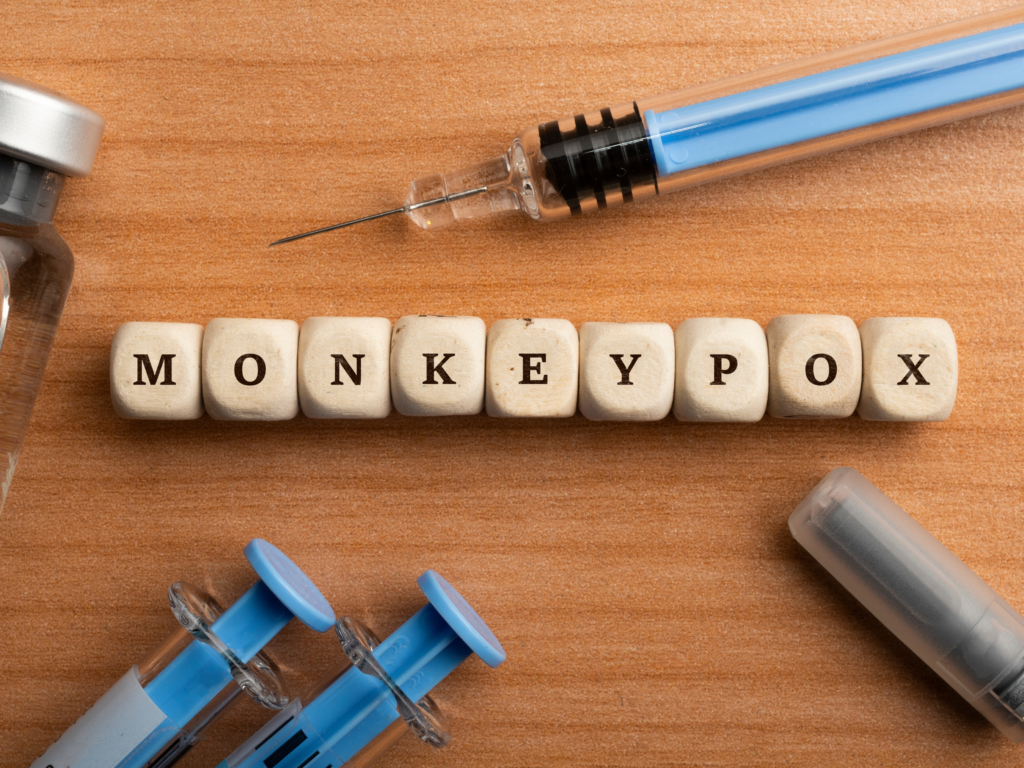Monkeypox — All you need to know
The World Health Organization (WHO) has declared the monkeypox outbreak a global health emergency. It comes following an increase in worldwide occurrences. According to the WHO, more than 16,000 cases have now been recorded in 75 countries.
What is monkeypox, and where does it come from?
Monkeypox is a rare viral disease that occurs mainly in central and western Africa.
The Monkeypox virus is similar to, but not the same as, the smallpox virus. Monkeypox was first identified in 1958 when it caused an illness outbreak in laboratory monkeys.
In humans, the symptoms of Monkeypox are similar to those of smallpox, although they are usually milder. There is no specific treatment for monkeypox, and there is no vaccine available.
In this blog post, we will take a look at what you need to know about Monkeypox, including its symptoms, how it is spread, and prevention tips. So read on for all you need to know about this little-known but potentially deadly virus.
What are the symptoms of Monkeypox?
Monkeypox is a viral disease that is characterized by a rash and fever.
The incubation period (the time from exposure to illness) for Monkeypox is usually between 5 and 21 days but can be as short as two days or as long as 42 days.
The infection typically starts with a fever, headache, muscle aches, and fatigue. This is followed by the development of a rash that begins on the face and spreads to other body parts. The rash consists of smallpox-like bumps that eventually turn into pus-filled blisters.
The illness usually lasts 2-4 weeks, after which most people recover fully. However, in some cases, monkeypox can be fatal.
How is Monkeypox spread?
Monkeypox is spread through contact with an infected animal’s skin or bodily fluids, usually a monkey, rat, or squirrel. The virus can also be spread through the air by coughing or sneezing. In the USA, the first case of monkeypox was reported in September 2018.
Monkeypox can also be spread through contact with contaminated bedding or clothing. It is not yet clear how the virus spreads from animals to humans, but it is thought that direct contact with an infected animal, or contact with the animal’s bedding or clothing, is the most likely route of transmission.
Once a person is infected with monkeypox, the virus can spread from person to person through close contacts, such as touching or hugging, or through contact with infected body fluids, such as blood, saliva, or mucus.
Transmission of infection from person to person most often occurs when contact with respiratory emissions, skin problems, or unclean objects is involved.
Infection via respiratory particles generally necessitates prolonged face-to-face contact, putting health workers, family members, and other close contacts of active cases at increased risk.
However, the longest known chain of transmission in a community now extends from 6 to 9 person-to-person infections. The decrease in smallpox vaccination may be affecting everyone’s immunity.
Maternal-fetal transmission through the placenta (which can cause congenital Monkeypox) or during close contact at and after delivery may also result in transmission.
There is still much to learn about Monkeypox, although physical contact is a well-known risk factor for its spread.
How to prevent yourself from getting infected with Monkeypox?
Avoiding contact with infected animals or people is the best way to prevent monkeypox.
If you must handle an infected animal, wear gloves, a mask, and protective clothing. If you live in an area where Monkeypox is found, avoid contact with wild animals and report any sick animals to your local health authorities.
Is there a vaccine for Monkeypox?
There is no specific vaccine available to protect against Monkeypox. However, the smallpox vaccine is effective in protecting against Monkeypox.
The smallpox vaccine is no longer routinely given because smallpox has been eradicated. However, it is still available from the CDC in case of a bioterrorism attack.
What are the treatment options for Monkeypox?
There is no specific treatment for monkeypox, according to the CDC. However, early diagnosis and appropriate care can help lessen the illness’s severity and improve the chances of recovery.
Treatment focuses on relieving symptoms and supporting the patient through the course of the disease.
If you think you may have come into contact with monkeypox, it is crucial to seek medical attention immediately. Early diagnosis and treatment can make a big difference in the outcome of the illness.
UrgentCare MDs for all your medical needs
At UrgentCare MDs, we are always here to help. We treat a variety of emergencies, illnesses, and injuries. We are often the first point of contact when you have a health concern—including Monkeypox.
We pride ourselves in accurately diagnosing and treating our patients. For medical consultations, you can visit:
Our experienced staff is ready to treat any acute illness or medical need that is not life-threatening.
Contact us today for any inquiries and to set an appointment. No matter your health needs, we are here to provide the best care for our patients.
The material contained on this site is for informational purposes only and DOES NOT CONSTITUTE THE PROVIDING OF MEDICAL ADVICE, and is not intended to be a substitute for independent professional medical judgment, advice, diagnosis, or treatment. Always seek the advice of your physician or other qualified healthcare providers with any questions or concerns you may have regarding your health.


